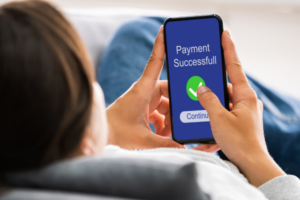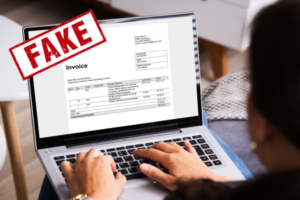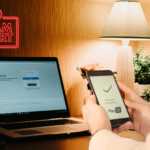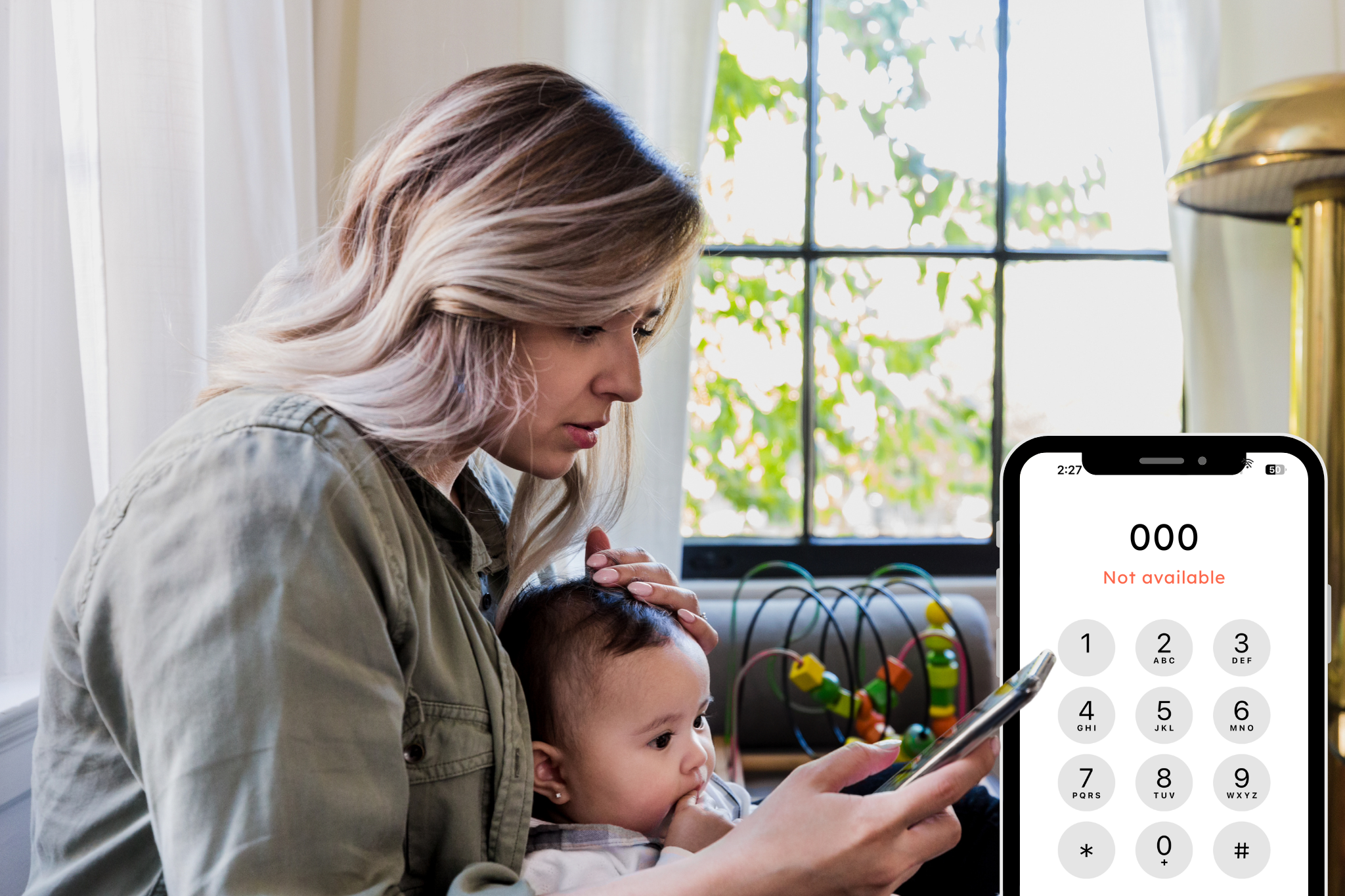
What is a PayID business account scam?
If you are one of the millions of Australians using PayID, you have probably chosen it because of a mixture of convenience and security. But you can be vulnerable to a PayID business account scam – whether you have a business account or not.
As we’ve outlined in previous articles, using PayID is a much faster way to send and receive money for goods and services, almost anything really. All you need to do is link your bank account to your mobile phone or email and you can pay or be paid via the same. No need to hand over your account details or ask for anyone else’s.

But scammers will try to find a way around anything and PayID is not immune from attacks. In fact, some experts argue the platform could even increase the risk of identity theft.
What are common business PayID scams?
There are many ways PayID can be used to scam you, particularly if you’re not overly familiar with the platform.
This includes persuading you to pay a fee for an upgrade or to help set up a PayID business account, or sending a message from PayID telling you there is an issue with your account. They may even tell you they can help you upgrade to a business PayID account.
PayID is a free service and does not require any of the above. Nor will PayID contact you directly.
Some scammers will go even further, creating a fake profile on Facebook so that when they approach you to buy something on Marketplace they look like someone you can trust and are more likely to engage with.
Or they might send a fake invoice to your business’s email for goods and services, requesting payment via your business PayID account.
Upgrading to a PayID business account
Scammers commonly targeting you via Facebook Marketplace or other online platforms will push to buy whatever you have listed via PayID, creating a sense of urgency or you will lose the sale. When you provide your PayID, they will send you what looks like a screenshot of their payment and then advise that it couldn’t go through because you don’t have a PayID business account.
The good news, they will tell you, is that they are happy to upgrade you to business by paying the difference, providing you reimburse them straight away. This will invariably be followed by an email that looks like it might have come from PayID to say you have been upgraded to a business account. If you feel pressured, or worried that the person you’ve got to ‘know’ through their seemingly legitimate Facebook profile is going to be out of pocket, you will transfer the difference without thinking. And there goes your money.
Invoicing with fake PayID business account

Another common tactic is to send an invoice to your business for goods or services rendered. The invoice may look legitimate and may even appear to be from a business whose services you have previously used. The business, however, has either been hacked or their details duplicated, and the PayID business account you're being asked to send the payment to belongs to scammers.
Even if it is a supplier they have used regularly, businesses need to be aware how it easy it is for scammers to make an invoice seem authentic. Don’t email the sender back to update any details, particularly when they’re requesting a change of payment or other sensitive information. Check against the details you already have in your system and call the supplier directly. Ask if they have sent an invoice and verify all the details, including their PayID information.
Impersonating your bank
In its 2023 report on scam activity, Scamwatch said scammers were known to send fake text messages about payments via PayID, such as “Your PayID payment of $580 to eBay has been paused subject to further checks. If you do not recognise this please contact us on ...”
The national scam centre cited the case of a Westpac customer who received a call from someone he thought worked at the bank because they were using the official Westpac number. They told him that his online account was compromised, and he needed to transfer money to a secure account immediately. He was given two PayID accounts that used mobile phone numbers as the PayID. Believing the call to be genuine, he transferred almost $60,000.
Help stop the scammers
The good news is there are steps that you can take to help thwart PayID scams. The first is to ensure you know as much about the platform you are using as possible. The more you know, the harder it is for scammers to get anything past you. Read our PayID rundown, which includes a list of red flags, and keep an eye on Scamwatch for any new developments in PayID business account scams.
You can also lodge a complaint with us and let us help you handle it.






